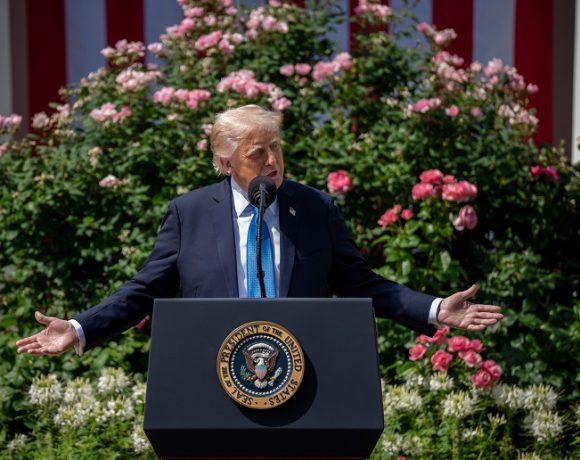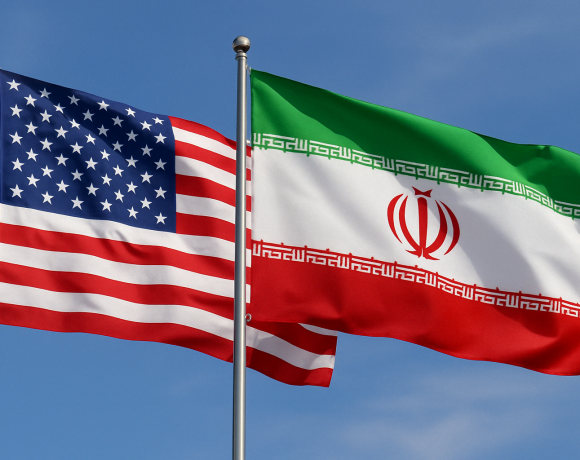
Trump’s English-Only Order for Truckers Sparks Discrimination Fears
U.S. President Donald Trump has signed an executive order mandating that all truck drivers operating within the United States must be able to communicate proficiently in English. The new order emphasizes that drivers must be capable of “reading and speaking the English language sufficiently to converse with the general public, understand highway traffic signs and signals in the English language, respond to official inquiries, and make entries on reports and records.”
Sikh Groups Voice Concerns Over Discrimination
The announcement has triggered significant alarm among Sikh advocacy groups, who fear the move could disproportionately impact immigrants and religious minorities, particularly those for whom English is a second language. “This requirement has the potential to disproportionately harm immigrant communities, including thousands of Sikh truck drivers who contribute significantly to the U.S. economy,” warned community leaders. They argue that proficiency in English should not be the sole determinant of a driver’s ability to perform their duties safely and effectively.
Organizations such as the Sikh Coalition have expressed apprehension that the order could open the door to discriminatory practices during traffic stops and inspections. “There is a real risk that enforcement of this rule could devolve into racial profiling or targeting of Sikh drivers and other minorities based on their appearance or accent,” a spokesperson cautioned.
Policy Sparks National Debate on Immigration and Labor Rights
The U.S. Department of Transportation previously maintained regulations that required basic English proficiency for safety purposes but allowed flexibility in practical enforcement. Critics argue that Trump’s new directive significantly tightens these requirements without considering the diversity of America’s labor force. In an industry already grappling with severe driver shortages, Sikh groups point out that the new policy could worsen the situation by sidelining qualified, hardworking individuals based purely on language skills rather than driving competence.
Civil rights organizations are also evaluating potential legal challenges against the order, citing concerns that it violates equal protection principles. Meanwhile, many trucking companies, particularly those that employ a large number of immigrant drivers, are scrambling to understand the implications for their workforce and operations.
The move comes as part of a broader set of immigration and labor policy shifts advocated by Trump, which critics say have often disproportionately affected minority and immigrant communities under the guise of enhancing national security and economic stability. The debate around the English-only order reflects deeper tensions within the U.S. over issues of identity, inclusion, and economic opportunity, especially in industries vital to national supply chains.


















